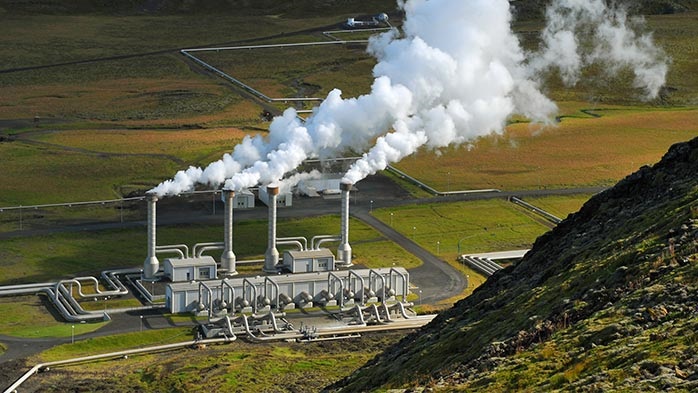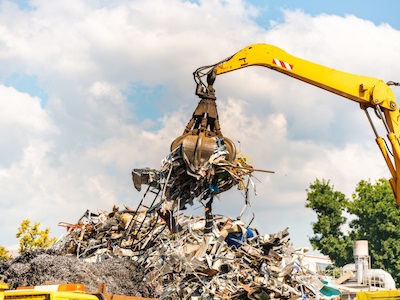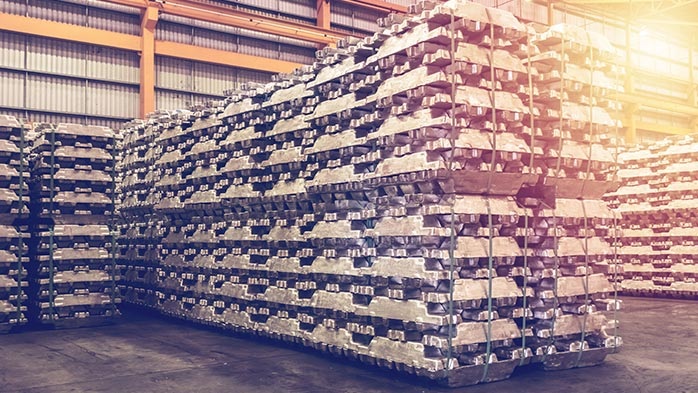Decarbonization

August 12, 2025
Will other smelters follow Mt. Holly's restart?
Written by Greg Wittbecker
Century announced last Thursday its intention to restart the remaining 50,000 tons of idle capacity at its Mt. Holly smelter in South Carolina. An obvious question being asked is whether this will put pressure on Alcoa and Magnitude 7 Metals to follow Century’s lead in restarting their respective idled capacity.
Remarks from Bill Oplinger, CEO of Alcoa, suggest they are not seriously considering any restart for their 50,000 tons of idled capacity at Warrick, Indiana. Oplinger indicated it would cost $100 million to get that capacity back. That number could mean a cost of $2,000 per ton of idle capacity, indicating this line has been heavily cannibalized (something the market has long suspected) and any restart would essentially require rebuilding the equivalent amount of capacity.
It does not seem likely that Alcoa wants to do this in midst of the bloodletting they are experiencing on their Canadian-origin production coming into the U.S. after losing the full exemption under Section 232 and forfeiting income from that production.
Magnitude 7’s fate rests in the hands of its parent company – ARG International, and its owner, Matt Lucke. Our understanding is Lucke politely rejected a number of overtures from parties that wanted to buy the New Madrid, Missouri, smelter. He made good money on the facility during its operational period from 2018 until January 2024. In its idled state, the smelter has huge scrap value.
The aluminum bus bar in the three potlines alone has a conservative value of over $50 million. The smelter also has substantial steel and copper scrap value. Its location on the Mississippi River also makes the industrial site attractive for redevelopment. So, ARG has a nice nest egg with relatively low carrying costs.
Having said that, ARG has not ruled out restarting the smelter. It is estimated they would need about $150 million in capital to get the facility back into tip-top shape, much of this related to the rebuilding of the carbon anode plant. However, it is possible that ARG might elect to purchase anodes in a restart and forgo spending that capital.
The linchpin for any restart would rest with getting a new power contract, and that will remain the challenge. ARG would likely want at least a five-year term to justify the capital to reline pots, rehire, and modernize the plant, which has sat idle now for nearly two years.
When Magnitude 7 shut in January 2024, there was a lot of ill-will created locally and at the state level. ARG would need to rebuild those relations in order to get support for a new power deal.
ARG is a savvy operator, and if the math is solved, one cannot rule out a potential restart. However, realistically, this could be a year away at best and would depend on:
- the power deal
- some expectation the 50% tariffs will be durable (and support high Midwest premiums)
- LME cash prices remaining at least at current levels, if not higher
Why it matters
The Mt. Holly restart is a victory in principle for advocates of high Section 232 tariffs. However, it only makes a tiny dent in the big U.S. deficit and will not have any material impact on Midwest premiums.
Expectations that Alcoa and Magnitude 7 will follow suit are extremely low.
The U.S. market needs to continue to focus on import replacement, whether from Canada or seaborne origins.
Canada seems to build optionality to ship its metal to the EU or sell it free on board (FOB), whereby the seller clears the goods for export and ensures delivery to the carrier and the buyer takes over the risks and costs like import clearance and duties to the traders. The traders are willing to take a medium-term view that U.S. tariffs will come down and they can clear FOB metal into the U.S. for profit eventually. Their entry-level cost on these FOB purchases is satisfactory enough to allow them to hold and wait.
Seaborne replacement will need to trade at full tariff costs to incentivize producers in the Middle East, India, Australia, or Argentina to continue shipping.
None of these producers are willing to absorb any losses on the tariffs under the guise of long-term customer relations. Loyalty is a fragile thing in the aluminum market, and buyers should not be naïve in assuming importers will absorb any losses for sake of goodwill.
The Mt. Holly restart will sell well in Washington, but on Main Street, the reality is the big U.S deficit remains and must be priced into the Midwest premium.








